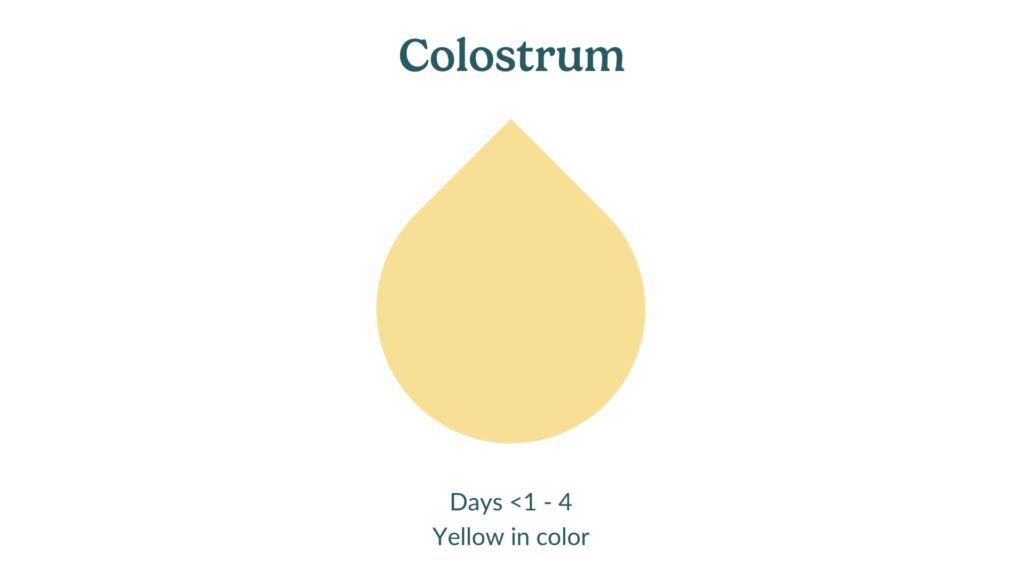colostrum

Colostrum
Colostrum is the first form of milk your body produces. It's a thick, yellowish substance that's incredibly rich in nutrients and antibodies. This "liquid gold" provides essential nourishment and immune protection for your newborn in the first few days of life.
Your body starts producing colostrum during pregnancy, and it continues to be available for your baby until your milk volume increases, typically around the third to fifth day postpartum.
What to watch out for
When it comes to colostrum, there are a few things to keep in mind to make sure everything goes smoothly:
- Low colostrum supply: Some mamas might worry about producing enough colostrum. Remember that colostrum is made in small amounts, but it's very concentrated and perfect for your baby's tiny stomach. If you're concerned, try hand-expressing to help stimulate production and make sure your baby gets enough. If you're still worried after a few days, consult a lactation consultant.
- Latch issues: Since colostrum is thick and produced in small amounts, a good latch is crucial for your baby to effectively feed. If your baby is having trouble latching, seek help from a lactation consultant to make sure proper technique and positioning. Read more about a good latch and other tips.
- Engorgement: As your milk transitions from colostrum to mature milk, your breasts might become engorged. To manage this, nurse frequently and use cold compresses after feeding to help with milk flow. If engorgement persists and becomes painful, contact a healthcare professional. Read more about managing engorgement.
Physical limitations or health circumstances
Certain conditions can affect colostrum production and delivery:
- Previous breast surgery: Surgeries like reductions or augmentations can impact milk ducts and colostrum production. If you've had breast surgery, discuss this with your healthcare provider or lactation consultant to create a feeding plan for you.
- Hormonal imbalances: Conditions like polycystic ovary syndrome (PCOS) or thyroid issues can affect hormone levels and colostrum production. Proper management is essential for successful breastfeeding.
- Diabetes: Mamas with diabetes might experience delayed lactogenesis (the onset of milk production). Keep in close contact with your healthcare provider to manage your condition and support your breastfeeding journey.
Other terms
Here are some terms related to colostrum that you might find helpful:
- Lactogenesis: The process of milk production, starting with colostrum and transitioning to mature milk.
- Let-down reflex: The release of milk from the breast, triggered by your baby's sucking and the hormone oxytocin.
- Prolactin: The hormone responsible for milk production. Prolactin levels increase during pregnancy and breastfeeding.
- Oxytocin: Often called the "love hormone," it causes the muscles around the alveoli to contract, pushing milk into the ducts and to your baby.
- Engorgement: When your breasts become overly full and painful. It's common as your milk transitions from colostrum to mature milk.
- Latch: How your baby attaches to your breast. A good latch is crucial for effective feeding and milk transfer.


